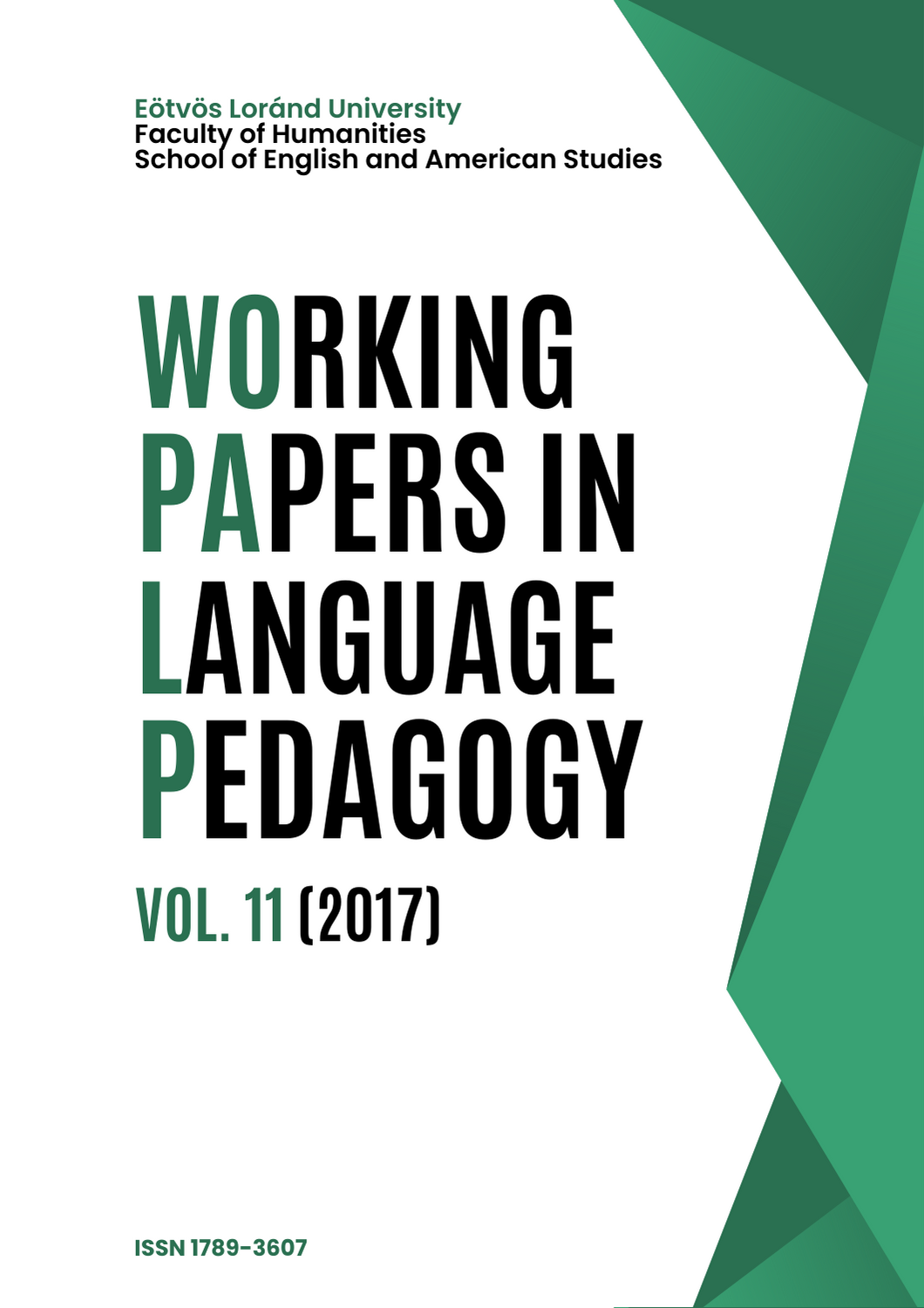What makes dyslexic language learners successful in the long run? An exploratory study
DOI:
https://doi.org/10.61425/wplp.2017.11.21.41Keywords:
dyslexia, autonomy, success, SLA, interview studyAbstract
The merits of being able to communicate in English in the global job market are unquestionable in the 21st century. Therefore, everyone should have the right and opportunity to learn English and other foreign languages regardless of their potential learning difficulties. Fortunately, it is increasingly prevalent that special needs learners can learn foreign languages with sufficient help, though it is not clear how far they can get in the process of language learning. What factors might aid special needs learners (e.g., dyslexics) to become successful in language learning is a widely investigated research area; however, we know little about how special needs learners can become and remain successful language users in adulthood when they no longer take part in instructed education. The aim of this study is to seek answers to these questions by interviewing thirteen adult dyslexic language learners/users considered to be successful both by themselves and their previous teachers, and also to figure out if autonomy is one of the factors contributing to learners’ success. The results reveal that the emerging themes can be grouped into three main interrelated categories: practical learning strategies, learning environment and motivation, each with various subcategories, which should be considered in curriculum design as well as dyslexia research in SLA.




